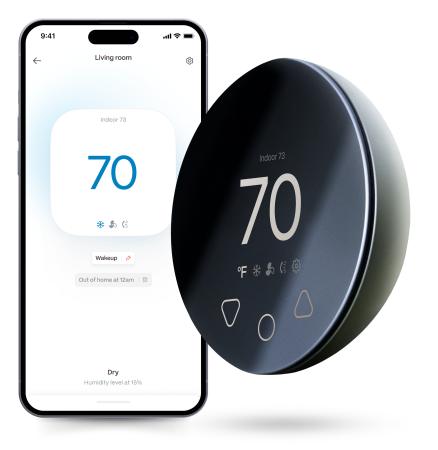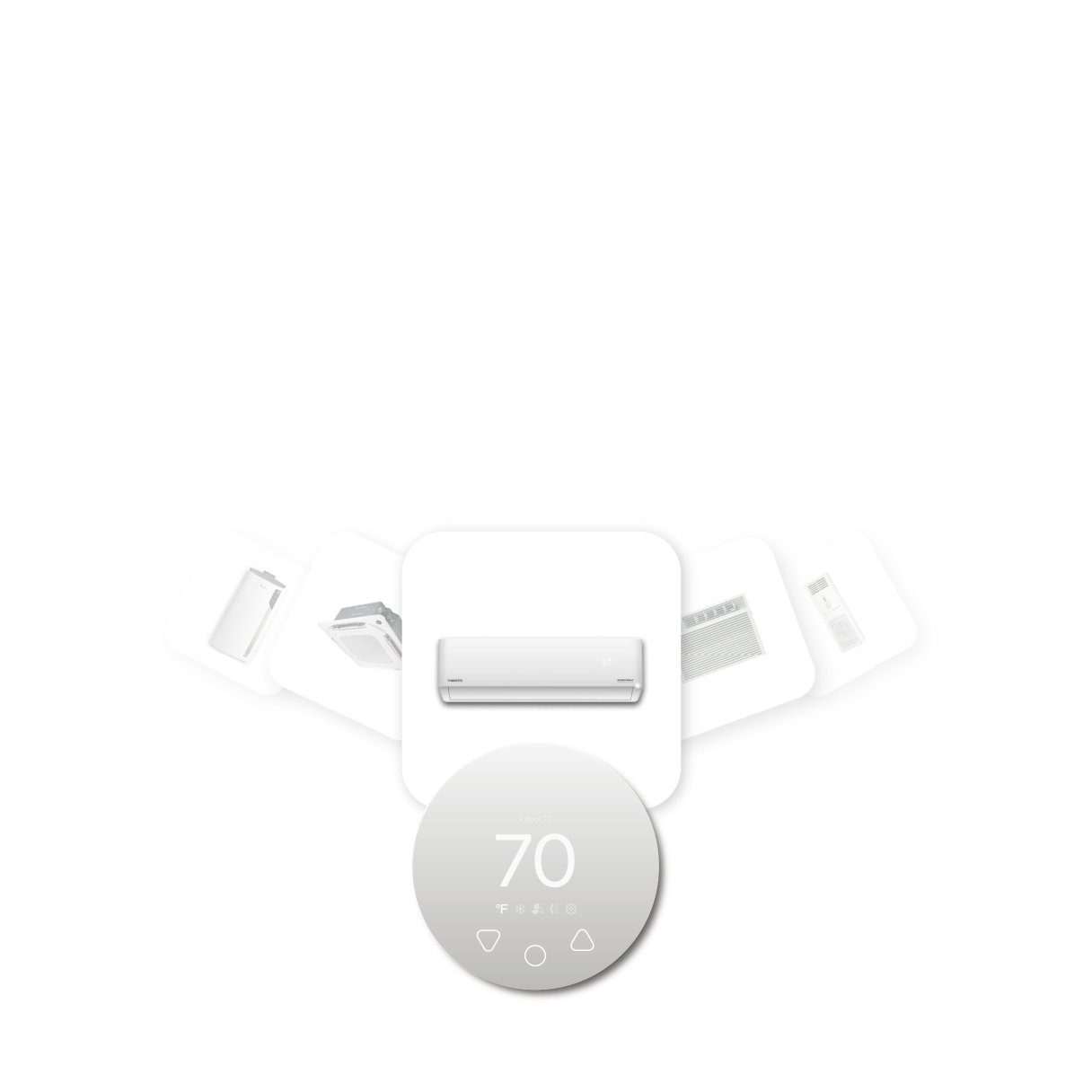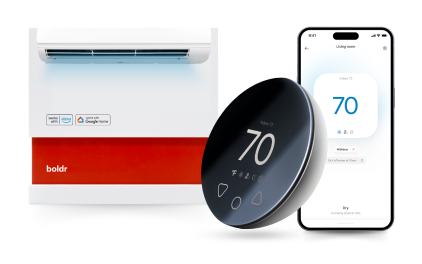
Ductless air conditioning units, often referred to as mini-split systems or air to air heat pumps, are indispensable for maintaining comfortable indoor temperatures, especially during scorching summers.
However, have you ever noticed that over time, the filters of your mini-split system start turning an unsettling shade of black? This might leave you wondering what's causing it and whether it's something to be concerned about.
Let's delve into the reasons behind the dark coloring on your filters!
1. Dust and Debris Accumulation
One of the primary reasons behind blackened ductless A/C filters is the accumulation of dust and debris.
As your mini-split system continuously operates, it pulls air from the surrounding environment. This air contains various particles, including dust, pollen, pet dander, and even mold spores.
Over time, these particles get trapped in the filter, forming a dense layer that eventually turns black due to their accumulation.
2. Mold and Mildew Growth
Another common culprit behind blackened filters is the growth of mold and mildew.
Mini-split systems create a cool and damp environment, especially during hot and humid weather conditions, which provides the perfect breeding ground for mold and mildew.
When these microorganisms settle on the filter and proliferate, they contribute to the dark discoloration observed on the surface.
3. Exposure to Smoke and Pollution
If you reside in an urban area or a location with high pollution levels, smoke, and other airborne pollutants can also contribute to the darkening of your ductless A/C filters.
These pollutants can be particularly problematic if your mini-split draws air from outside or if you frequently use it in environments where smoke is present, such as kitchens or rooms where tobacco smoke is prevalent.
4. Neglected Maintenance
Regular maintenance is crucial for keeping your ductless A/C system in optimal condition.
Neglecting routine tasks such as filter cleaning or replacement can accelerate the darkening process of your filters. When filters become clogged with debris and contaminants, airflow is restricted, forcing the system to work harder to maintain the desired temperature.
This not only reduces the efficiency of your mini-split but also exacerbates the accumulation of blackened particles on the filter.

Sign of Poor Indoor Air Quality
While blackened ductless A/C filters are primarily a result of external factors such as dust, mold, and pollution, they can also serve as indicators of poor indoor air quality.
If your filters are turning black at an accelerated rate, it might be a sign that your indoor environment contains high levels of contaminants, which could potentially pose health risks to occupants, particularly those with respiratory conditions.

How Klima Can Extend Your Ductless A/C's Lifespan
Klima is our smart controller for A/C’s that transforms your mini-split or heat pump into a smart home device through mobile phone control!
Klima - Smart Home Thermostat for Mini-splits, Air Conditioners and Heatpumps
Compatible with all brands of ACs and Mini-Splits Automate Climate Management Control remotely Reduce Energy Consumption Monitor bills in realtime
Try Now
With Klima’s Health Monitoring feature, Klima will keep an eye on your ductless A/C and provide insight if something goes wrong. This feature helps protect your A/C from future failures and extends its lifespan, which means less time sweating at home and protection from any health risks posed by your mini-split!
Conclusion
The sight of blackened ductless A/C filters may initially raise concerns, but understanding the underlying causes can help address the issue effectively.
Regular maintenance, including cleaning or replacing filters, can mitigate the accumulation of debris and pollutants, ensuring optimal performance and indoor air quality. Additionally, addressing factors such as mold growth and minimizing exposure to smoke and pollution can further prevent the darkening of your ductless A/C filters.
By staying vigilant and proactive, you can keep your mini-split system running smoothly and maintain a healthy indoor environment for you and your family!


















